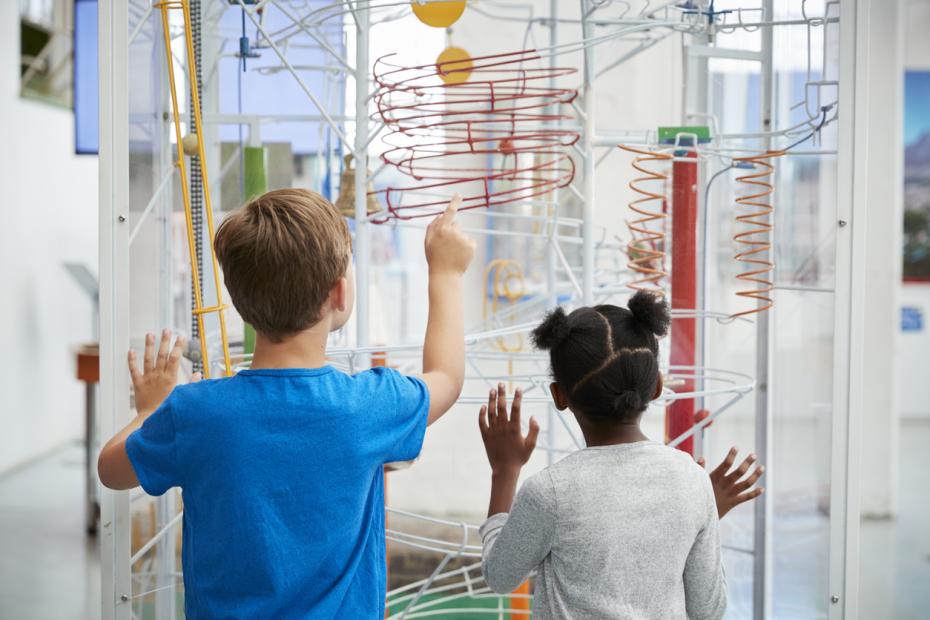Budgets: always under debate and scrutiny, especially when it comes to spending on PR with sometimes less straightforward, quantifiable outcomes compared with, say, a marketing campaign linked directly to student recruitment. So, when it comes to PR for building reputation and brand recognition, how can you create impact and achieve recognition when you don’t have the backing of a big agency or budget?
Utilise partnerships
Utilising networks and partners, including other universities and relevant charities, to help spread the message and target relevant audiences is key in effectively boosting your impact. This was critical when in March 2020 the ZOE Covid Symptom Study app was launched and a PR campaign was needed to drive usage of the app as soon as possible. With no attributed budget and a small team, success relied on building an effective and close partnership between King’s College London, where I work, and the health science start-up developers, ZOE, to quickly determine the resources we had access to and utilise our associated networks and contacts to cast as wide a net as possible. Within a fortnight of the app’s release, 2 million contributors across the UK had signed up.
- Tactics for revamping your comms with students front and centre
- Sea of sameness: why universities have trouble with branding
- What’s the story? Creative ways to communicate your research
Take calculated risks
Be as creative as you can and don’t be afraid to challenge the status quo. Real impact often comes from pushing boundaries in a well-thought-through and justified way and not just sticking to what has been done before. For the app, once there was a solid user base, we needed to keep them interested so they kept logging symptoms and to attract new members. We needed to show that the information they were providing was helping beat the virus, so we decided to release preprint scientific papers for the first time.
Historically, scientific papers go through months of peer review before publication but given the need for real-time information, we believed that early release, with the appropriate caveats, was justified. This proved critical when app data revealed that loss of taste and smell – anosmia – was a highly predictive symptom of Covid-19. We publicised this immediately, leading to the UK government adding anosmia to the official list of Covid-19 symptoms in May 2020 – a change that may well have saved lives.
Take the public ‘behind the scenes’
Build trust and engagement by giving the public access to data and the people behind your project. If there is a call to action, this will also enable them to understand how and why their contribution will make a difference. For the app, the ZOE communications team used weekly data releases, blogs and videos from leading researchers to maintain engagement. App users were invited to webinars with experts who showed how the data was being used. These activities meant that even when Covid-19 cases fell during the summer the public continued to use the ZOE app, enabling it to be the first to identify new hotspots as the UK’s second wave took hold.
Use exclusives strategically
Using your relationships with journalists and the media, you can strategically place exclusives to target specific audiences and maintain engagement at an international, national or local level. We established strong relationships with key journalists, using exclusives with prestigious media in the UK and US to create impact and reach larger audiences. We also used the BBC’s regional networks to ensure that local data was covered in the relevant regions and to keep app users across the country engaged. This included the issue of long Covid, which was identified through the app and, after working with the BBC on the initial exclusive, was covered widely in global media outlets.
Digital, digital, digital
Don’t underestimate the power of digital in creating impact via social media and key search platforms such as YouTube. For this project, social media was essential, using channels available through partnerships and networks such as those at King’s, ZOE and the personal channels of lead scientists on the project to post updates and engage with users. This continued to build trust and engagement in the app and the team behind it. Blogs and weekly videos from the lead scientist also drove impact, racking up more than 5.3million views on YouTube.
Finally, be consistent. Once you have interest from the media and public, continue to build a narrative around that area of strength and don’t dilute or lose focus on this prematurely by bringing in other news from across your institution. The public are much more likely to recall one or two key focal points rather than five or six. The success that a focus on Covid created for us as a university is evident in the numbers, with more than 80,000 pieces of media coverage, 11,900 social media posts and more than 5.3 million views on YouTube. Lead researcher Tim Spector became one of the most prominent scientists during the pandemic and was recognised with an OBE in the New Year’s Honours. The app had more than 4.5 million contributors providing millions of reports on daily health, test results and the impact of vaccines. It continues to be the biggest Covid-19 study of its kind in the world.
Tanya Wood is senior communications business partner at King’s College London.
Academics and university leaders from across the UK and Ireland will come together at THE Campus Live UK&IE to talk about institutional strategies, teaching and learning, the student experience and more. Join us for this two-day event in London.
King’s College London and Zoe have been shortlisted for Outstanding Marketing/Communications Team at the THE Awards 2022. A full list of shortlisted candidates can be found here with the winners due to be announced at a ceremony on 17 November.
If you found this interesting and want advice and insight from academics and university staff delivered direct to your inbox each week, sign up for the THE Campus newsletter.




comment